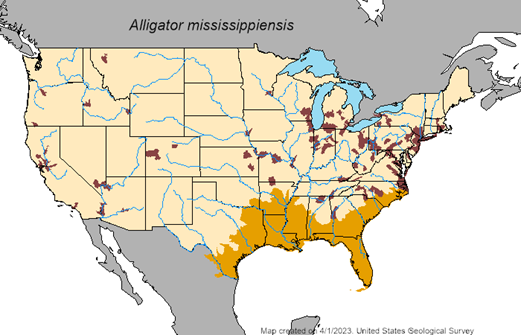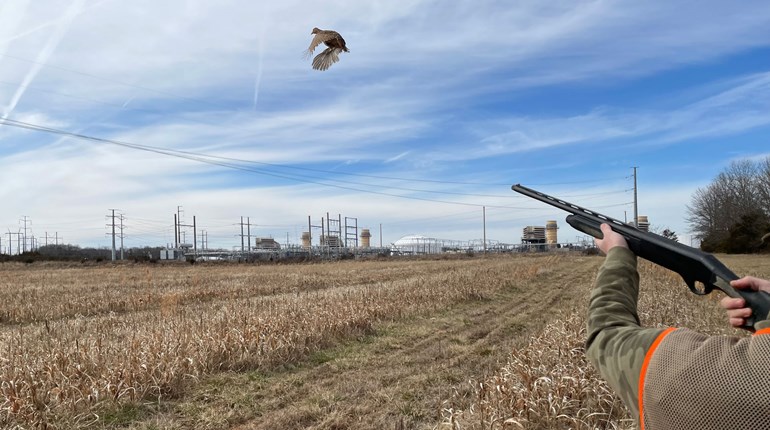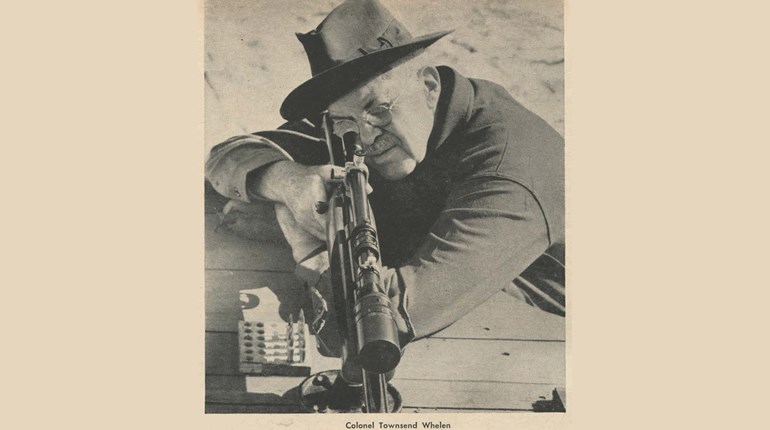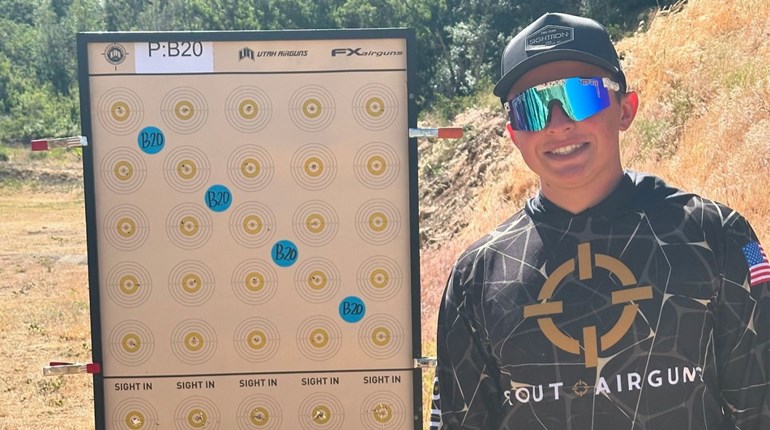
It's warming up all over the country, and that means that America's dinosaur is coming to a Southern shore near you. Of course, we're referring to the American alligator, which has remained more or less the same for 8,000,000 years. These formidable animals come equipped with incredibly powerful jaws, armored skin and reptilian strength that humans would be wise to avoid testing. Yes, it's the time of year to be "Alligator Safe," and that goes double and triple for tourists. Every year there are reports of folks visiting America's southern vacation spots and winding up on the wrong side of an alligator. Here's how to be gator-safe this spring. 
1. Know your gator map.
First of all, know that gators become more active as the weather warms. Secondly, be aware that if you're in any of the areas highlighted in orange on this map, almost any water body may have alligators in it. That's normal and not an emergency. In fact, smaller gators that measure under 4 feet are generally considered too small to be dangerous to people ... if, of course, you keep your distance. Small gators can and will bite if they're handled, and those bites can be devastating. Never approach an alligator of any size if you can help it.
2. Never feed alligators.
Yes, they are reptiles and yes, that means they operate differently than mammals, but alligators absolutely can be trained. The key is to never train alligators to think of human beings as a good place to get food. Not only is it illegal in most places to feed them, but it also teaches them to lose their natural fear of humans. In many cases, fed alligators will begin to approach at the sight of people and may become aggressive in seeking a handout. Also, don't dispose of fish scraps or crab bait in the water at boat ramps, docks, swimming or camping areas. You may inadvertently be feeding alligators. If you see someone feeding alligators, contact your local fish and game department.
3. Watch where you swim.
Avoid swimming or playing in areas known to harbor alligators. Only swim in areas designated for swimming. Higher levels of human activity found in designated swimming areas typically make alligators keep their distance. Alligators normally are more active during the night and can mistake splashing noises for prey. Other potential dangers include steep drop-offs, stumps, rocks and other underwater obstructions that you may not be able to see if the location is not a designated swimming area. Also, never swim alone, not just because of alligators, but also as a normal safety measure.
Don't approach an alligator, keep your distance and leave them alone. Alligators can move in quick bursts over short distances but normally do not try to run after people. If an alligator hisses, it's a warning that you are too close.
4. Protect your pets.
Keep pets out of the water if alligators are present. Pets are more vulnerable due to their smaller size and resemblance to alligators' typical prey. Keep leashed pets away from the edge of the water, but if an alligator grabs your pet, let go of the leash.
5. Don't try to move it yourself.
If an alligator is in a place where it cannot reasonably be expected to get back to the water without posing a risk to itself or to others, or is in a location that presents an immediate hazard, such as a road, school, pool, parking lot, etc., contact your local fish and wildlife service. Never attempt to capture or move an alligator by yourself. Even smaller alligators are incredibly strong, and can seriously damage you, any restraining device and any vehicle you're trying to use ... leave it to the specially trained experts!






































